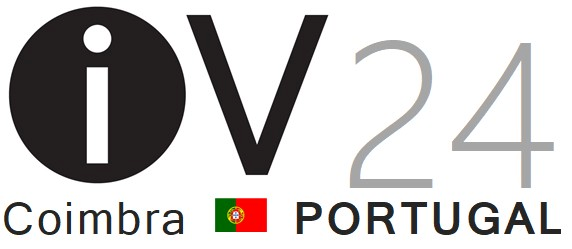In an increasingly complex world, Knowledge Visualization and Visual Thinking are gaining importance in science, business, and society. Analogue and digital visual approaches aim to support the creation, application, and communication of knowledge and insights – particularly in situations where people from different educational, cultural, and professional backgrounds collaborate.
While Information Visualization (IV) focuses on the use of computer-based tools to explore large data sets, Knowledge Visualization (KV) and Visual Thinking investigate (a) how to create and transfer insights between individuals and within groups, (b) how to manage and reduce complexity and to allow understanding, and (c) how to support learning, communication, and interaction through new approaches and techniques.
Knowledge Visualization aims to facilitate the mutual transfer of facts, insights, experiences, values, expectations, perspectives, opinions, and predictions. Researchers and practitioners in Knowledge Visualization and Visual Thinking develop strategies, tools, and methods to make knowledge visible and improve processes through which knowledge can be identified, assessed, shared, discussed, applied, and generally managed.
Objective
The Symposium on Knowledge Visualization and Visual Thinking is an international, interdisciplinary forum for contributions from fields such as Knowledge Management and Visualization, Information Design and Architecture, Cognitive Science, Argument Mapping, Business Sketching, Visual Analytics, Arts, Interface Design, Business Analysis, Project Management, Economics, Market Research, Learning Sciences, Media and Communication Studies.
The joint aim is to address and discuss theories, methodologies, techniques, applications, evaluations, and case studies related to visualizing knowledge and processes involving visual thinking.
Scope
This call for papers seeks original papers and contributions concerning, but not limited to:
- Theories, frameworks, and models of knowledge visualization and all aspects of visual thinking
- Systems, methods, and ideas on the evaluation of visualization methods and on conveying un-/intended inferences (e.g., why do visualizations fail, even misrepresent, misinform, mislead, and so on)
- Research on the economic and social impact of visualizations (e.g., efficiency, meaning, policy, cross-cultural)
- Case studies on innovations in the visualization of knowledge, particularly in the area of Complexity Management (e.g., visualizing complex change projects)
- Experiences in the use of visual metaphors in science, business, politics, and society
- Evaluations in the area of marketing and management support (e.g., abstract services in business, strategy implementation, and so on)
- Research on the use of visual methods to communicate complex facts (e.g., nanotechnology to the general public, use of visualizations in media, in urban planning as to future cities, in general simulation, and so on)
- New forms of interactive diagrams (dynamic decision diagrams) for collaborative contexts
- Knowledge Visualizations for a VUCA World (highly volatile, uncertain, complex, and ambiguous contexts)
- Models and applications for infrastructures using interactive touch displays (e.g., large multi-touch displays)
- Experiences in the use of live sketching to facilitate knowledge sharing, integration, and creation
Please check the submission procedures @ the submission page.
General enquiries and submissions should be addressed to the Conference Co-ordinator
Symposium-specific enquiries should be addressed to:
Symposium Coordinator
Sebastian Kernbach
University of St.Gallen, Switzerland
sebastian.kernbach (@) unisg.ch
Coordinator-support
Gaetano Cimino
University of Salerno, Italy
gcimino (@) unisa.it
